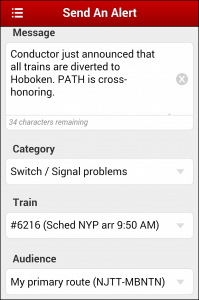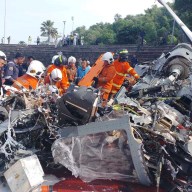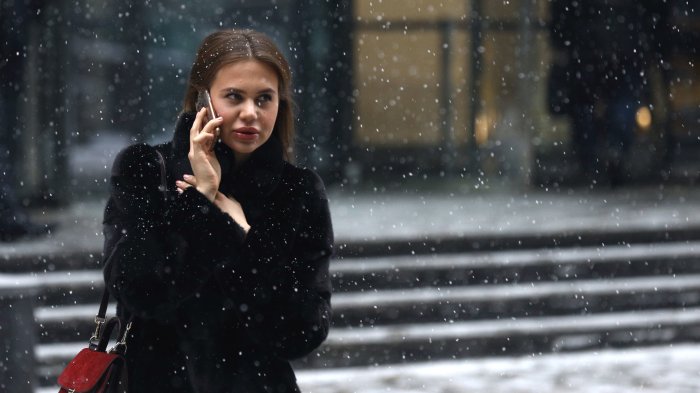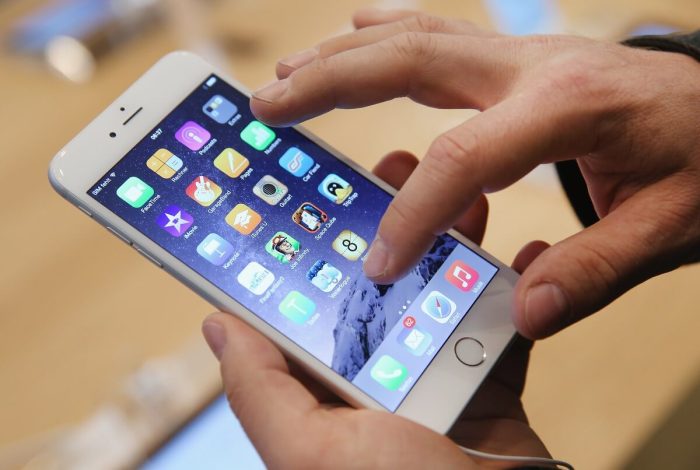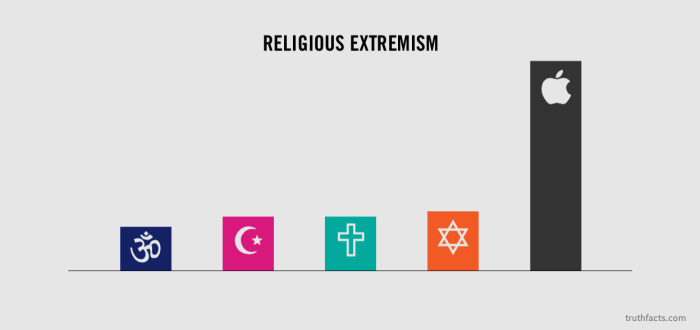Public voting has closed, and later this week the MTA is expected to announce the winners of their third-annual app challenge.
The MTA released real-time data sets to developers last fall, challenging them to make public transit in the greater New York City area easier to navigate.
Metro spoke with Joshua Crandall, who entered his app, called “Clever Commute,” in the competition. Crandall first started Clever Commute in 2006 as a way to keep riders aware of Metro North, LIRR and NJ Transit hiccups and delays through email. The crowdsourcing app, which allows users to share information on train delays, or a sick passenger or signal problems, launched in January and already has tens of thousands of users, according to Crandall. How can a crowdsourcing app help commuters better get to their destination?
The transit providers are doing an increasingly good job of getting the official alerts out. But there is nothing like the “wisdom of the crowds” to provide news in candid, swift and non-political way. Tell me a little about the inspiration for the app and why you wanted to build it.
I was standing on the NJ Transit platform on the morning after a bad commute home, and I saw all these people holding messaging devices and I thought “So everyone is ‘connected’…but can I connect us to each other?” What kind of transit event saw a lot of activity on Clever Commute?
Something literally happens every day. But I certainly remember June 24, 2014. There was a suspicious package near a Metro North station. It was scary, and it snarled train service. The commuters stepped in and filled the “information void” during those periods when Metro North was not sharing information via their e-mail-based alerting service. What about connectivity? Does the app work if you don’t have an internet connection?
Not yet. The good news is that our current focus is on suburban rail (not the subway). Connectivity there is generally good (and getting better), but of course we wish commuters had a strong signal everywhere. What will it mean to you if you win the app contest?
Visibility and exposure to more riders. After nine years of doing this, we know that we are successfully addressing a true need, and we have a product which is part of the fabric of the daily commute. We just want to bring this free service to more people.
New app helps train commuters smoothly navigate the rails
